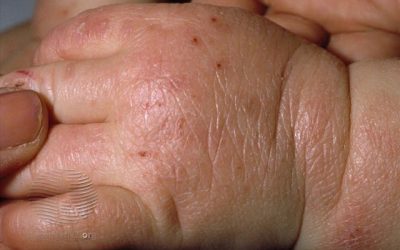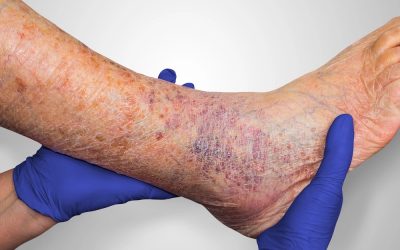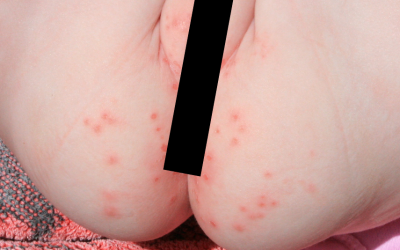Adult acne.
Is acne just a teenage disease?
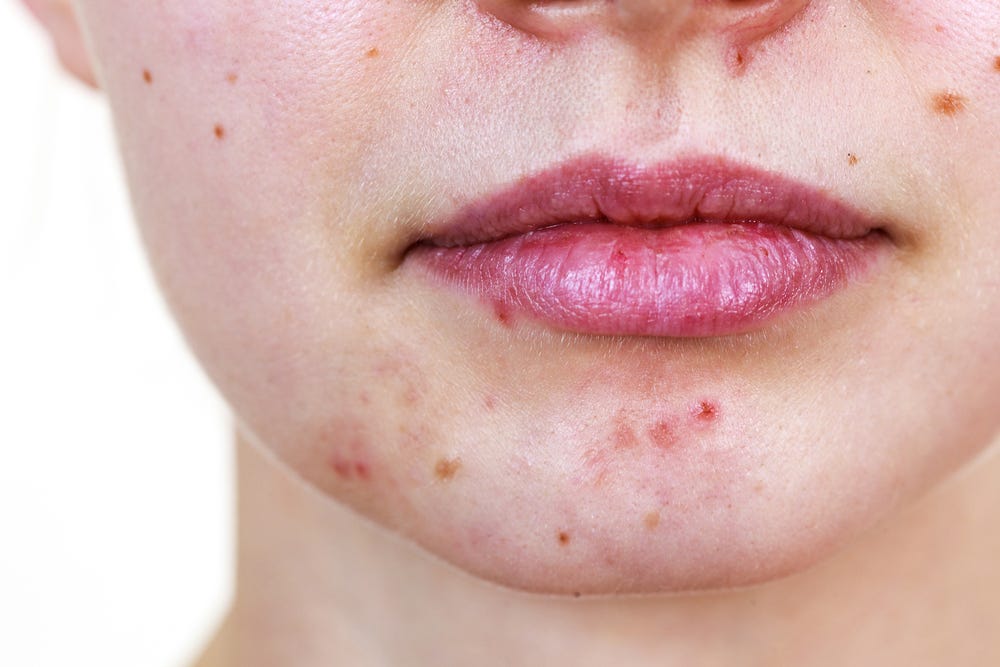
There are three main subtypes of adult acne:
- Persistent acne: the most common type, found in 70-80% of cases, where acne appears in adolescence and continues into later life.
- Late-onset acne: affects 20-40% of women, with acne first appearing at the age of 25 or later.
- Recurrent acne: when acne appears in adolescence, goes away for a while and then flares up again at an older age. This subtype is the least described and thought to be the rarest.
Unlike teenage acne, adult acne has a “U” shape – on the lower jaw, chin and neck. Skin oiliness is less frequent, and sometimes there may be fewer (or no) comedones.
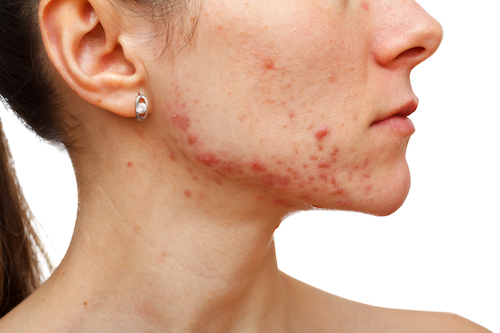
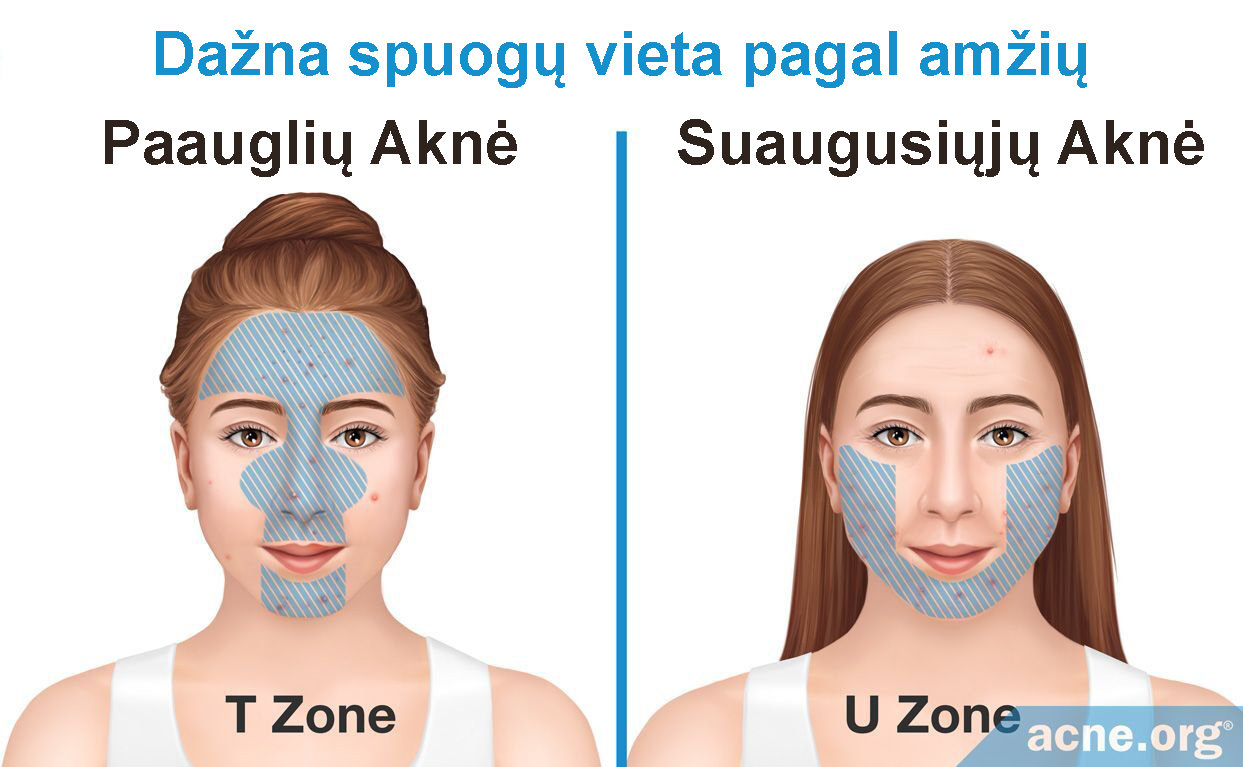
-
- Genetic predisposition
- Diet
- Tobacco use
- Chronic stress
- Cosmetics used
- Medicines
Regardless of the severity of acne, a good daily skincare routine is essential:
-
-
- Non-comedogenic and gentle cleanser (pH 4-6)
- Moisturising cream
- Sun protection
-
There is also a growing body of evidence on the importance of the skin barrier in balancing the skin microbiome.
It is therefore recommended to use moisturising creams to help rebuild the skin barrier and to avoid aggressive, irritating and drying substances.

Atopic Dermatitis in Children: Causes, Symptoms, and Treatment
Atopic dermatitis in children is a chronic skin condition that causes itchy, inflamed skin. Effective management includes identifying triggers and using treatments to soothe and protect your child’s sensitive skin, ensuring comfort and relief
Stasis dermatitis
Stasis dermatitis is a skin condition caused by poor circulation in the legs, leading to swelling, discoloration, and irritation. Effective treatment focuses on improving circulation and managing symptoms to prevent complications and improve skin health.
Candidiasis
Candidiasis is a common yeast infection that affects moist skin areas, such as under the breasts, between the buttocks, and in the diaper area. Early treatment is crucial to manage symptoms and prevent recurrence of this fungal infection.
iDerma
MB iDerma
Fabijoniškės g. 99, Vilnius
+370 670 70 822
[email protected]


